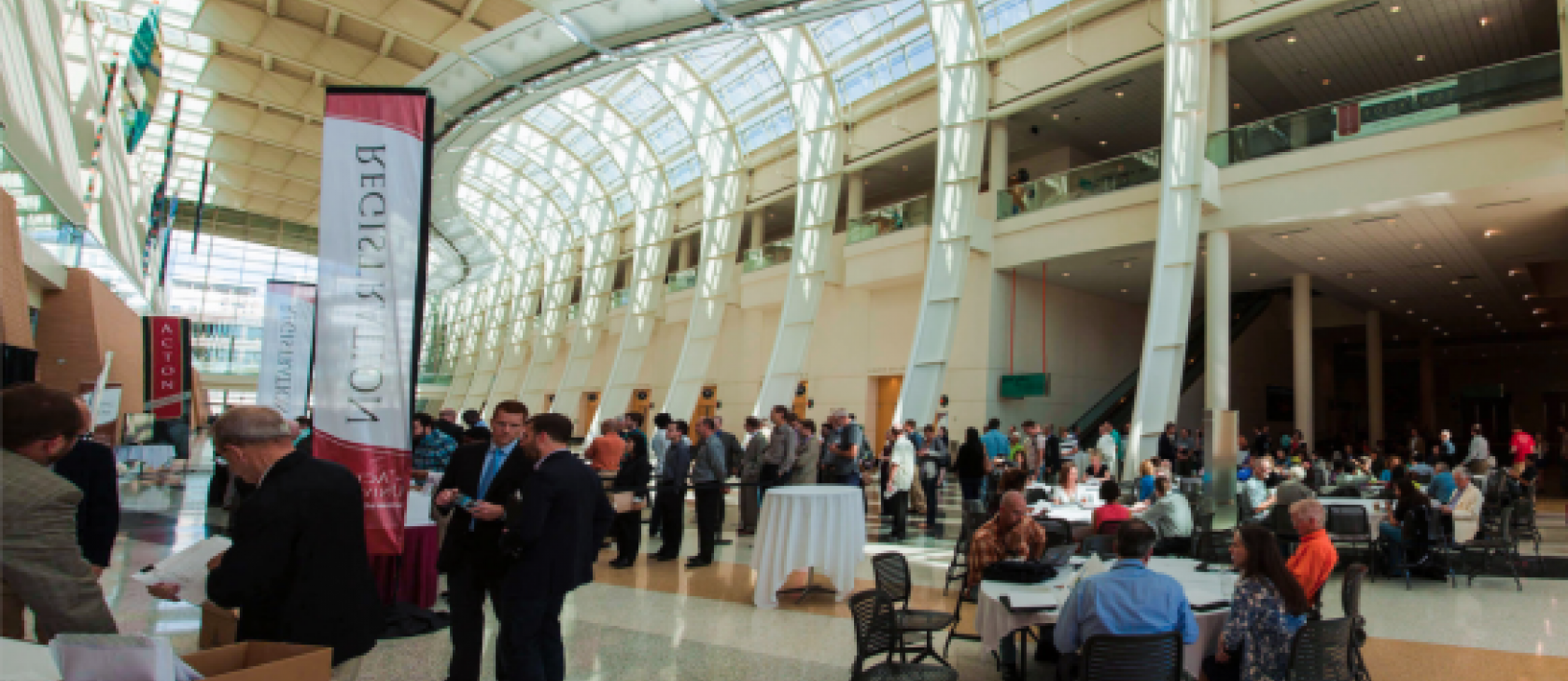For reasons unbeknownst to me, I was not automatically extended a scholarship to attend this year’s Acton University event in Grand Rapids, Michigan. Maybe next year. Much to my surprise, Acton did extend an invitation to Elizabeth Bruenig, someone who has never been shy about her association to the Christian Left or hesitant to critique the free-market ideology promoted by the Acton Institute. In a live-streamed panel discussion also featuring Acton head honcho Fr. Robert Sirico, Bruenig offered an eloquent presentation of her socio-economic views, including her skepticism that economic liberalism—if not liberalism as a whole—can provide a clear pathway to ameliorating poverty. Sirico, as he is wont to do, opened up the discussion by noting that to the extent there were disagreements to be had, they were disagreements over matters of prudence, not principle (or, in his words, dogma). No doubt due to time constraints, Bruening was unable to call Sirico to task for this oft repeated, but rarely defended assertion. For as several writers have noted over the years, including Thomas Storck in an excellent article on Acton and Catholic teaching, it is doubtful that Sirico’s brainchild fully upholds the Church’s social magisterium.
What Acton does accomplish with remarkable success is leading Christians (mostly Catholics) down the path of liberalism—if not libertarianism—while artfully dodging criticism by appealing to its alleged internal diversity. So, for instance, when Acton is confronted with the fact that it heavily promotes the heterodox “Austrian School” of economics, including offering several lectures on the topic at Acton University, Actonites opine that nowhere in the Institute’s mission statement does it claim to adhere to Austrianism despite borrowing Austrian-based concepts such as “human action” (a.k.a. the “science” of “people do things”) in its statement of principles. The silence is deafening when Acton and its adherents are asked why they do not teach other schools of economics in its lectures or unmask the shortcomings of Austrianism, of which there are many. Instead, Acton hides behind the claim that they promote “sound economic principles” without openly revealing where those principles are drawn from or discussing the numerous critiques of those principles that have long been in circulation.
And this, dear readers, is only one of many reasons why Acton’s “university” is nothing of the sort. It is not a place of learned disputation or the free exchange of ideas; it is a four-day long indoctrination program meant to provide a highly biased presentation of the Christian social tradition as fully compatible with capitalism and liberalism. Equally appalling is the fact that Acton endeavors to distort the thought and image of some of the modern Church’s greatest leaders, including Pope Leo XIII. In a course entitled “Abraham Kuyper, Leo XIII, and Modern Christian Social Thought,” Acton Senior Fellow Jordan Ballor brings together the social thought of a professed heretic in Kuyper with a pope who condemned economic liberalism, rejected the idea that the state did not owe particular duties to the Catholic Church, and promoted the social kingship of Christ. Leo XIII had nary an ecumenical bone in his body when it came to Protestantism and, in 1900, condemned Protestant proselytism toward Catholics in Rome.
As it currently stands, there is no counterweight to Acton’s propaganda machine. Because the Acton Institute supports capitalist interests, it is a well-funded enterprise that has achieved a global reach. By providing forums and funding for research projects that fit within its liberal vision, Acton claims to furnish important research on poverty, human flourishing, and the economy without having to submit such work to the usual channels of peer review and criticism. Moreover, too many Christians of a conservative bent remain enthralled by Acton’s claim that it stands as a bulwark against the excesses of the contemporary liberal state, including centralization, heavy handed regulation, and onerous redistribution schemes. While of these problems do exist, both in the United States and abroad, the way to address them is not through centuries-old liberal ideology, but rather the timeless truths of reason and revelation which the Church, as the pillar and ground of truth, has always taught.
So the question remains: Will Catholics follow the easy and seductive path of liberalism, one which holds out the hope of peace in this world and material comfort, or the narrow path taught to all men at all times and in all places by Our Lord Jesus Christ and His Holy Church? That question, though always pertinent, has taken on greater importance at this juncture in history where an increasing number of persons, Catholic and non-Catholic alike, are beginning to see that the promises of liberalism are empty declarations backed by false principles. Where will these disenfranchised souls turn? Acton would have them double down on the liberal project, even against their own self-interests—temporal and eternal. Holy Mother Church, on the other hand, would have them come to know the truth and work for the restoration of all things in Christ, a project which will only succeed once liberalism in all of its guises has been overcome.




